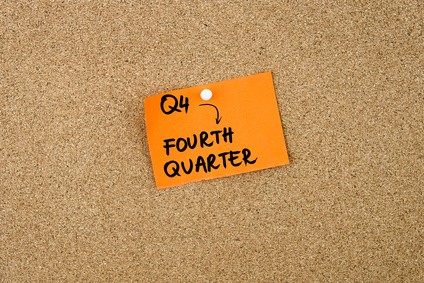What Is Your Realtor© Financial Blueprint?

What is your Realtor© financial blueprint?
One of the most powerful forces over us is our identity. Identify as someone who is fit and healthy? You’ll prove it by working out daily. Believe that you’re great at math? Then you ace those tests. And when you identify as someone who is “just not good with money,” you will prove that to yourself over and again by quitting a good job, spending recklessly, or losing your wallet every few months. Humans are incapable of acting out of line with our identity and our subconscious works tirelessly to make us consistent—for better or worse. If you want to get rich, then, the solution is to change your identity. And THAT starts with changing your thinking.
Here are some questions you can ask that will do the trick.
1.) What negative beliefs do you have about money? Dig deep for your own greatest hits. What do you believe about money that’s preventing you from having it? Do you have a rich uncle with horrifying political views and think all wealthy people must be like that? Money is only a tool, and wealth is not correlated to a person’s character or political views. How can you discover your beliefs about money? Pay close attention to the language you use. “I can’t afford it” is a mantra that shuts off your brain. Yes, you can afford it in some future state—you just need to get creative. A healthier replacement belief might be, “How can I afford it?”
2.) Why do you deserve money? The most common block about making money is the feeling that we don’t deserve it. We tell ourselves in myriad ways that we’re not smart, kind, attractive, capable, experienced, or fill-in-the-blank enough. Challenge that thinking. Make a list right now (yes, right now!) of all the reasons you deserve money. You might write down, like I did, that I deserve money because I’m a kind, ethical man with an abundance of integrity and that the money will be useful for humanity’s good. Maybe you deserve it because you work especially hard, or take care of a sick loved one, are incredibly intelligent and capable, because you’ve paid your dues—or, because everyone deserves wealth and abundance, including you.
3.) Who could I become with money? I’ve had the pleasure of experiencing that formative life lesson that is not having money. I’m grateful for the lessons it taught me, but I’d never want to go back there. As a broke person I was always stressed, which erased my sense of humor. I stopped seeing friends. I stopped buying new clothes and having a beer on a patio in the summer, which made me happy. I lost my self-confidence and self-esteem, and because of that, couldn’t possibly do great work. Learning how to create and grow wealth changed all of that and helped me become a more vibrant, generous, less anxious person—my real self. I like myself much more as a prosperous person. Who would you become without the guillotine of poverty hanging over your head?
4.) Who could I help with money? A sole focus on yourself is a good recipe for ending up alone and miserable. The secret to a happy life is to constantly be contributing. We all want to be useful and that happens because of what we give, not what we get. If you had all the money, you want now, who could you help? Could you pay off your parents’ mortgage? Send your daughter to the best school in the world? Be less stressed and a better partner at home? Give to charity? Find a reason outside of yourself for creating wealth, and the dollars will flow.
5.) What has money already given you? There’s a psychological effect called “disqualifying the positive,” and it happens when we ignore good experiences and focus only on the bad. People do this often with money: We forget how much that money already does and has done for us and see only what’s lacking. We can combat this by literally counting our blessings. On a piece of paper, write down the amazing things you have or had in your life because of money—your home, car, education, lifesaving surgery or medication, vacations, toys, food, or gym membership. Thanks, money! When we remind ourselves of what money can give us, we appreciate it. And when money feels appreciated? Well, it comes to visit more often. There Is Plenty to Go Around “The truth is that there’s more than enough good to go around.” —Michael Beckwith
There’s one specific money belief that’s probably more important than all the others, and it’s the opposite of what most people believe: There is plenty of wealth to go around. No, we’re not talking about printing money, we’re still about beliefs. If you think that wealth creation is a zero-sum game, i.e. that someone has to lose for you to gain, then you will always struggle with money. That’s the scarcity mindset. The truth is wealth can be created out of nothing—just put an industrious pioneer in the middle of a forest and you’ll see. The economy grows not because of clever tricks by central banks, but because real people are creating real value for other people through a product or service. The pie is constantly growing, and when one person gets a slice, they don’t deprive someone else of theirs. Adopt this belief with full faith, and you’ll stop competing for wealth and start creating it.
Strength and courage,
Wade


